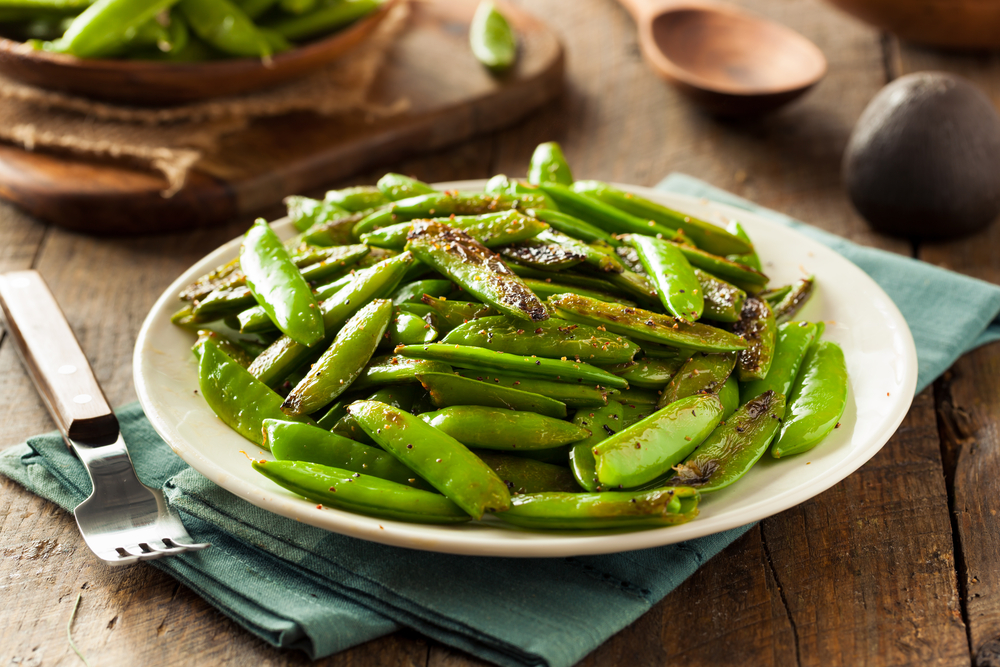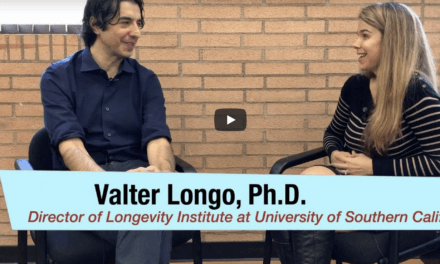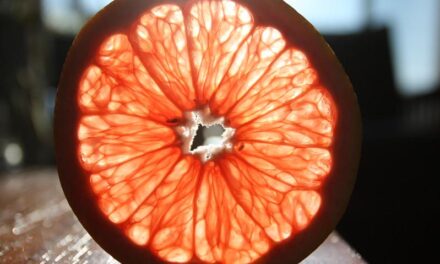Try This 4 Step Strategy Before You Fast—And Thank Us Later!

We are big fans of the benefits of fasting (obviously!) and love trying out new ideas, programs, and strategies to make the fasting experience more productive and, frankly, more pleasant. Recently we have come to fully understand that what you eat before and after your fast makes a big difference to how you feel during your fast.
There are several excellent approaches to your pre-fast eating plan, which we will continue to share. Currently, we are all gobsmacked by the simple brilliance of Dr. Becky Gillaspy’s 0-1-2-3 Strategy that she shares in her recent book Intermittent Fasting Diet Guide + Cookbook. You can download the exact process here and do order the book as it is chock full of great fasting insights.
In the meantime, here is the gist of a healthy countdown to your next fast program—during the days or week before your fast, try to take it seriously, and you will notice a world of difference during your next fast.
Try This 4 Step Strategy Before You Fast
What is It
Call it your 0, 1, 2, 3 Daily Checklist. It is excellent to implement prior to any fast—or any big day, or just to feel better in general.
Why it Works
Preparing your body with healthier habits before a fast is a surefire way to set yourself up for success. We eat, overeat and eat poorly for many reasons, many of them cravings, habits both driven by biochemical as well as psychological factors—all of which, when examined and understood, lose their influence over your willpower.
How To Do It
Each day before your fast, follow this checklist program. No excuses, No problem.
0 Sugar
What to Do:
Avoid added sugar, sugary treats, and foods that contain sugar as one of the top three ingredients.
How this helps your fast:
By removing sugar from your diet, you already begin to stabilize blood sugar and insulin levels, and you will have fewer cravings and experience less hunger on day one of your fast.
1 Large Salad
What to Do:
Include up to 4 cups of any salad greens and an assortment of non-starchy vegetables (e.g., artichokes, broccoli, cauliflower, celery, cucumbers, lettuce, mushrooms, onions, peppers, spinach, tomatoes, watercress)
How this helps your fast:
We know this to be true. Natures gifts are good for you. The nutrients in a salad served up daily make sure you get what you need to be healthy, fit, and strong—plus the variety of options is truly endless. Make sure and mix in healthy fats for satiety.
2 cups cooked Non-Starchy Vegetables
What to Do:
Any vegetables mentioned above as well as asparagus, bok choy, cabbage, collard greens, eggplant, endive, garlic, green beans, kelp, okra, seaweed, snow peas, spaghetti or summer squash, swiss chard, zucchini
How this helps your fast:
When in doubt, crowd it out. Not to promote any unconscious behavior, yet adding multiple servings of healthy and as a rule when possible, non-starchy vegetables means less room for non-food and no room for junk food. Get creative with your choices, and be sure to cook them in delicious and tasty fats like butter or olive oil. When you are fasting, you will start to fantasize about sauteed snap peas instead of fries. Really, you will!
3 Hours Before Bed, Stop Eating
What to Do:
Determine your normal bedtime and count back three hours.
How this helps your fast:
Sleep is essential to your health, and not eating before bedtime is critical on so many levels. Your body is intended to repair and restore and rejuvenate while you sleep, not digest a heavy, complicated meal (which raises your core temperature and interrupts your deep sleep). Consider this practice for the fast, end mindless late-night snacking and create space for the body to down-regulate and create an environment for health.
That is it!
Simple? Yes! Genius? Yes! Can you do this? Yes!
Now, let the fasting begin.





